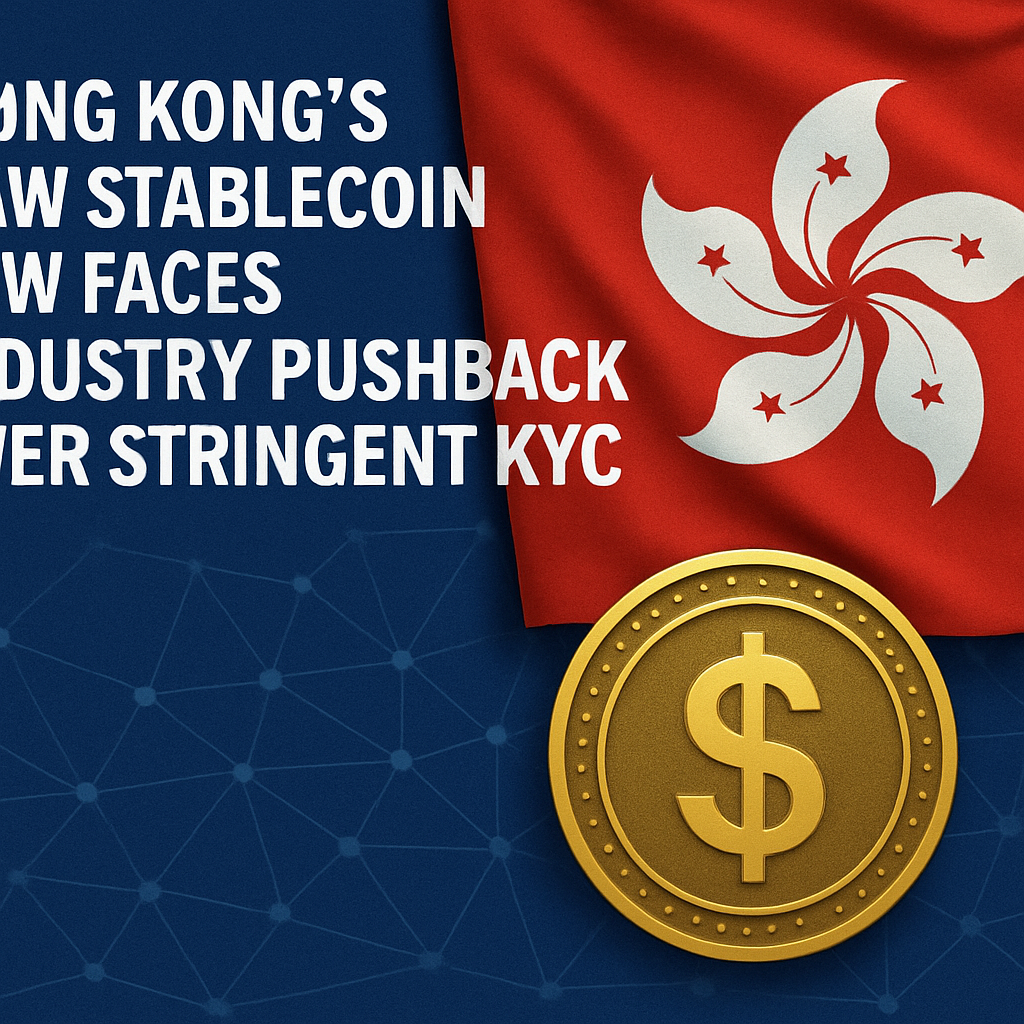Hong Kong’s long-awaited stablecoin ordinance took effect on August 1, positioning the city among the first jurisdictions to regulate fiat-backed stablecoin issuers. However, finalized know-your-customer (KYC) requirements mandating identity verification for every token holder have sparked concern that stringent rules could stifle adoption and limit the city’s competitiveness in the global digital finance ecosystem.
The regulations, outlined by the Hong Kong Monetary Authority, require issuers to conduct full KYC checks on all stablecoin users, including recipients of tokens. Industry sources told Reuters the de facto central bank adopted a cautious approach to mitigate anti-money laundering and terrorism financing risks, but the level of scrutiny goes “too far” and may discourage cross-border use.
Critics argue that forcing overseas users to open Hong Kong bank accounts solely to pass KYC undermines the borderless efficiency that stablecoins offer over traditional remittance channels. “This is not just KYC for those with accounts; it’s KYC for every token user,” said a Hong Kong-based crypto trader, who requested anonymity. Businesses may opt for alternative jurisdictions with lighter rules, diminishing Hong Kong’s first-mover advantage.
Proponents of the law contend strict compliance will foster institutional confidence and position Hong Kong as a responsible digital asset hub. The HKMA anticipates granting a limited number of stablecoin issuers licenses next year, aiming to balance innovation with market integrity. Observers will be monitoring how international stablecoin projects respond to the new framework and whether user migration trends emerge.
Long term, Hong Kong aims to grant only a “handful” of licenses, focusing on stablecoins that meet high standards for transparency and reserve management. But in the short term, industry players warn that onerous KYC requirements could reroute stablecoin activity to more permissive markets.

Comments (0)